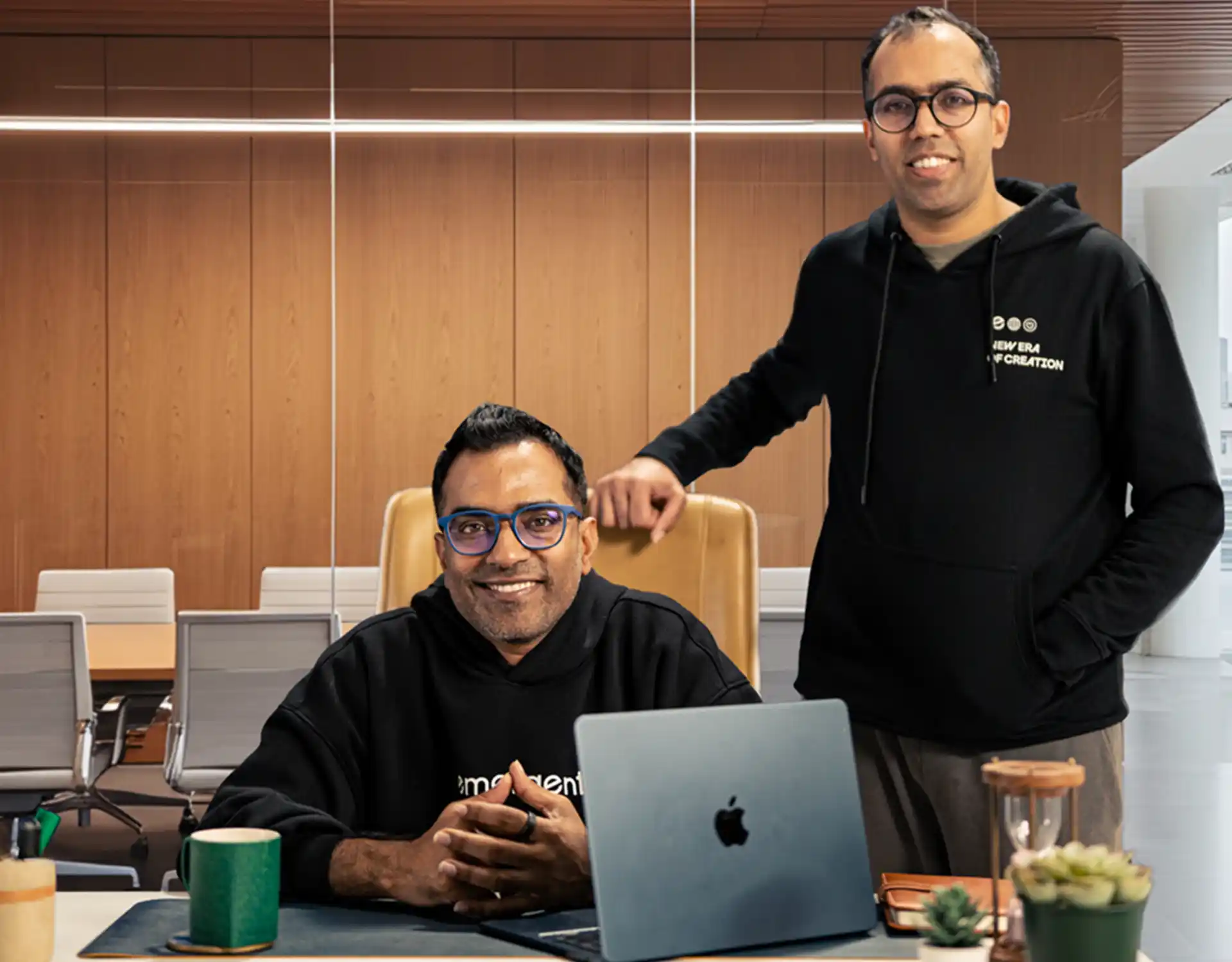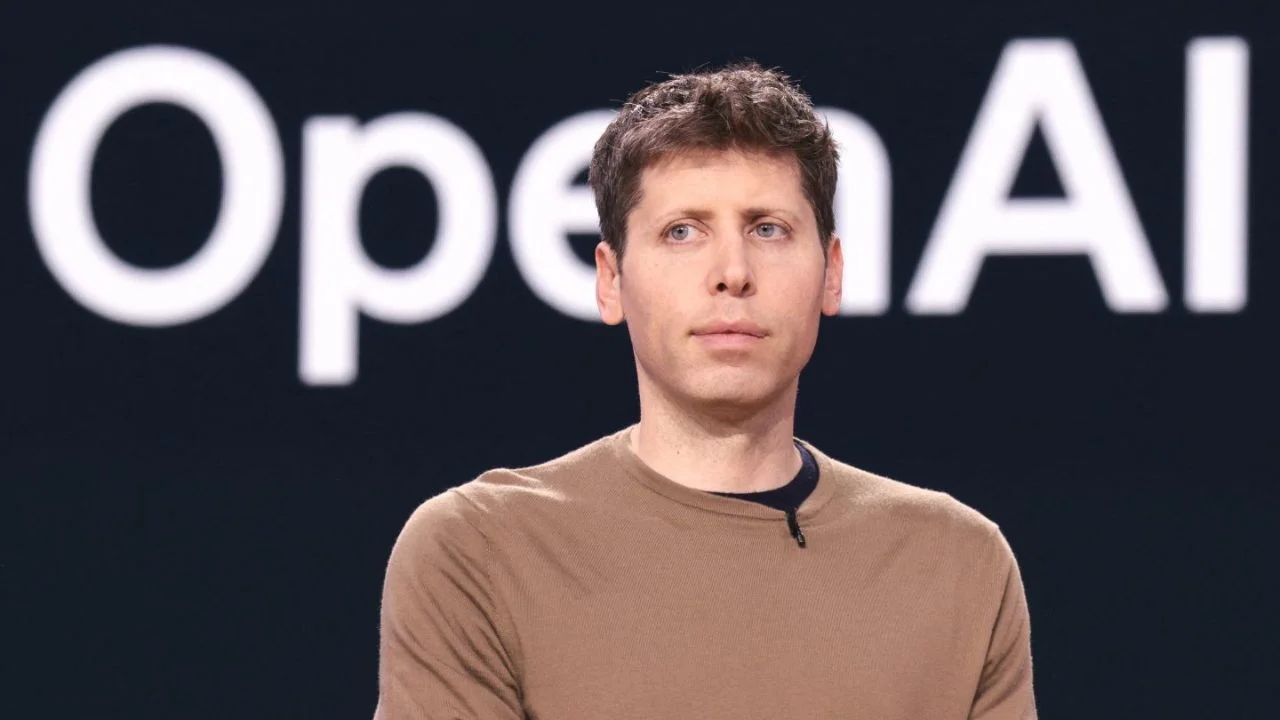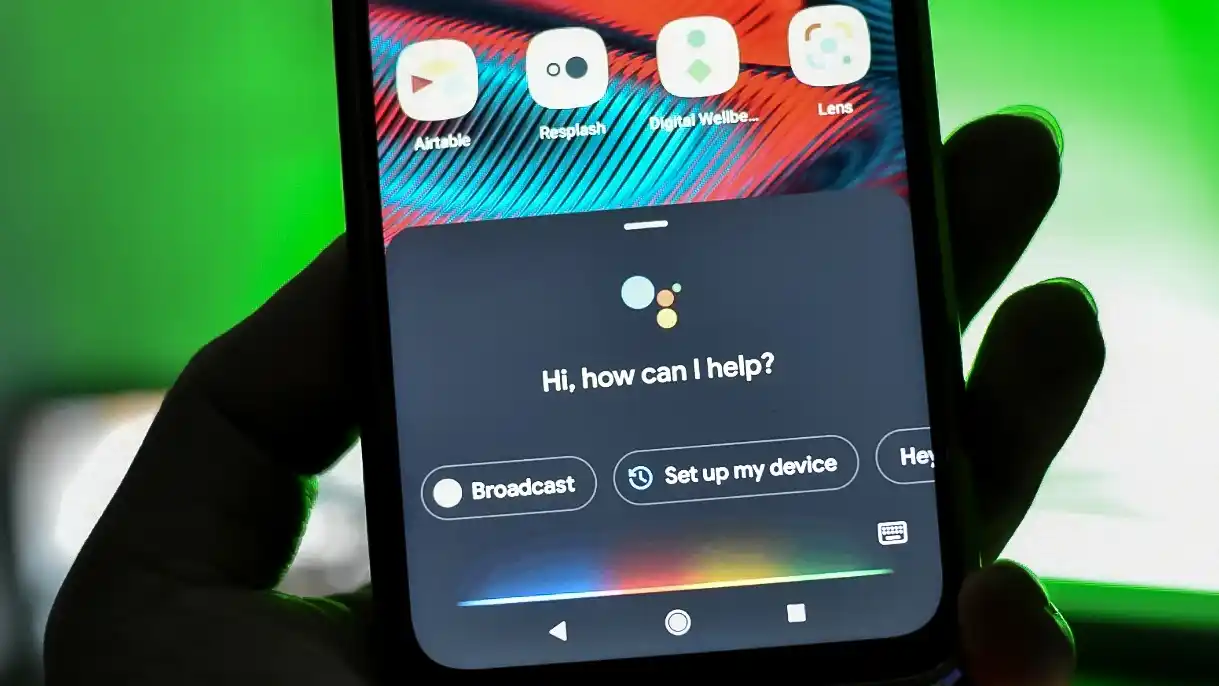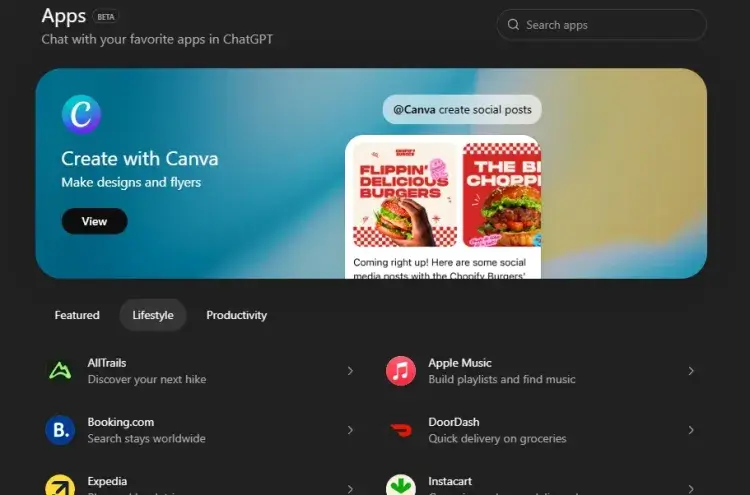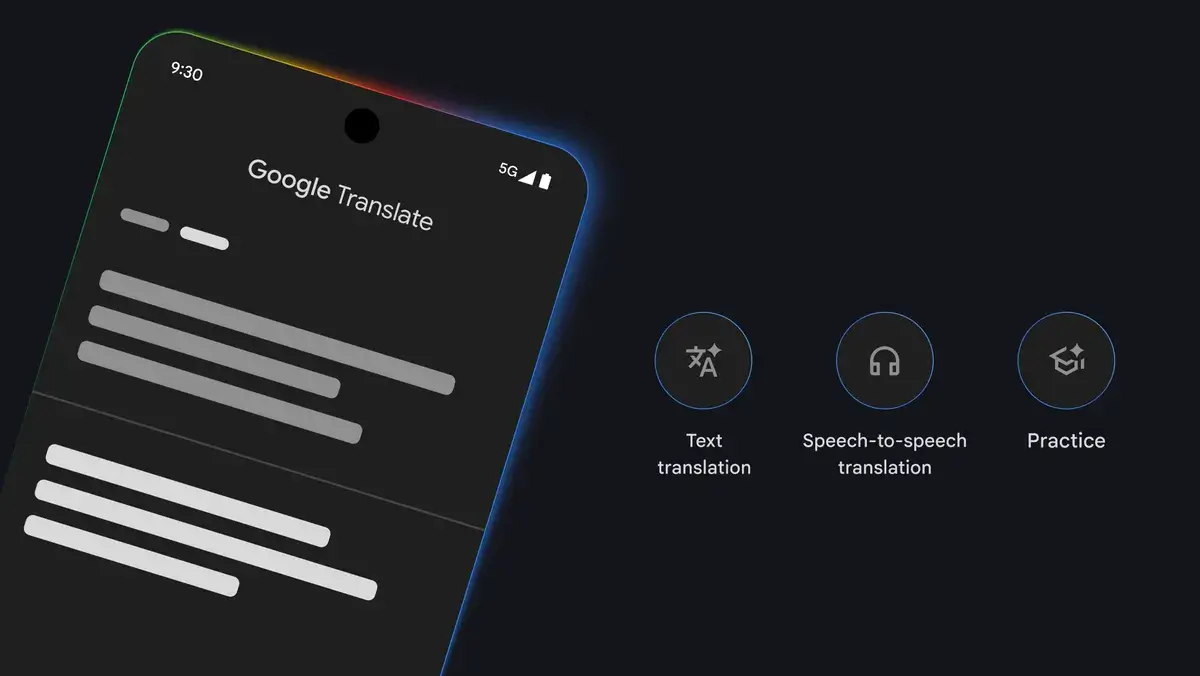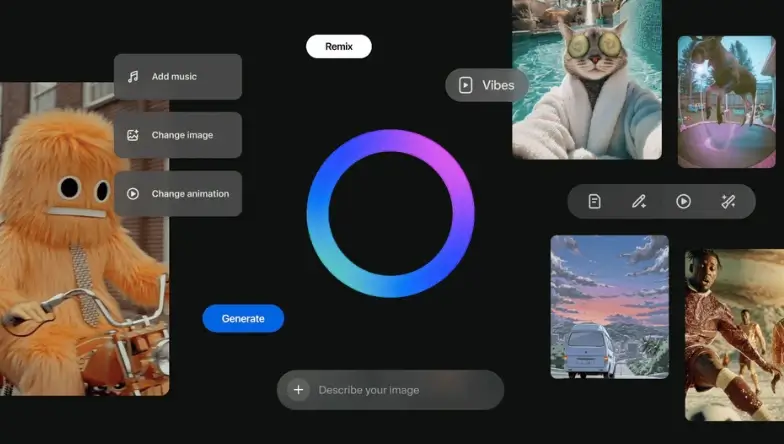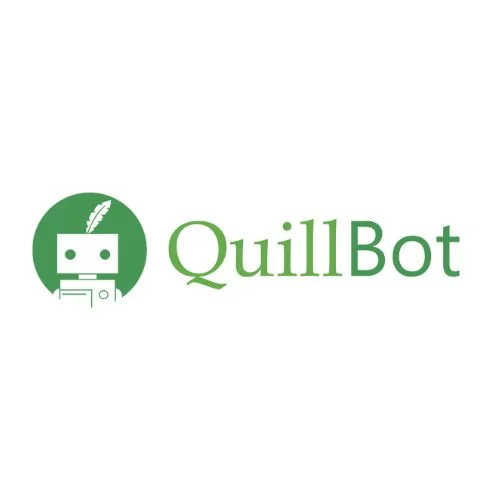Character.AI Bans Teens Amid Rising AI Safety Concerns
When comfort crosses into control.
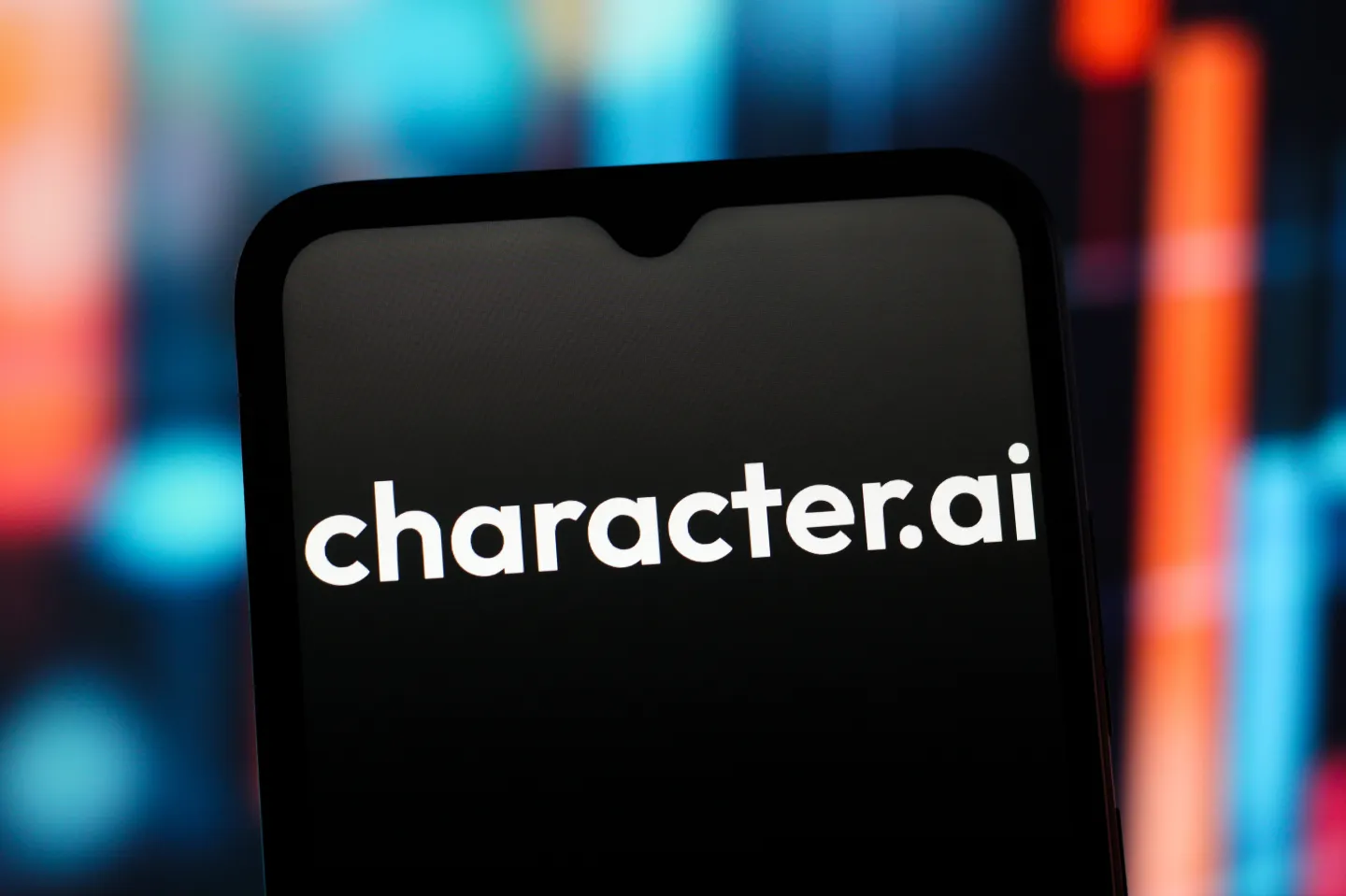
Character.AI just made one of the boldest decisions in the AI industry — it’s banning all users under 18 from chatting with its bots.
Starting November 25, teens will no longer be able to have open-ended conversations with Character.AI’s chatbots. Instead, they’ll be guided into what the company calls “creative use cases” — things like storytelling, streaming, or content creation — but not companionship.
That’s a huge shift for a platform that gained millions of users because it felt human.
The reason? Pressure.
Regulators, watchdogs, and even parents have been calling out the growing emotional dependency between young users and AI chatbots — and Character.AI finally blinked.
Over the next few weeks, under-18 users will face stricter time limits (currently two hours per day, set to shrink). The company is also rolling out a new age assurance system to verify ages more accurately and personalize the user experience accordingly.
It’s not just an internal move — it’s part of a much bigger story.
The FTC (Federal Trade Commission) recently launched an inquiry into AI companies offering “AI companions,” including Character.AI, Meta, OpenAI, and Snap. Regulators want to know: what happens when a machine becomes a therapist, a best friend, or worse — a source of false comfort?
The Texas Attorney General even accused AI platforms of presenting their bots as “therapeutic tools without qualifications.”
That kind of attention changes everything.
Character.AI’s CEO Karandeep Anand told TechCrunch that the company’s future will move away from being an “AI companion” platform and into something closer to a role-playing creation tool — where users can still interact with characters, but with boundaries and purpose.
This marks a clear pivot — away from emotional intimacy and toward structured creativity.
But this decision also raises uncomfortable questions.
Because whether we like it or not, AI companionship has become real for millions of people — especially teenagers. It fills loneliness, listens without judgment, and gives a sense of connection that’s hard to find offline. When you take that away, what fills the gap?
The move might protect teens from harm, but it also highlights a growing truth:
AI platforms are not just tech companies anymore — they’re social ecosystems influencing human psychology.
And with growing lawsuits, including a heartbreaking case where a family claims a chatbot encouraged their son’s suicide, AI ethics has stopped being a “conference topic” and turned into a public safety issue.
Character.AI’s new AI Safety Lab aims to bring together researchers, policymakers, and developers to find solutions collaboratively — a rare example of a startup admitting it doesn’t have all the answers.
It’s a wake-up call for every AI company that markets “companionship” as engagement. Because the line between conversation and influence is getting blurry — fast.
The message is clear: the age of unregulated emotional AI is ending.
And maybe, that’s what real progress looks like — when growth takes a back seat to responsibility.
But make no mistake — this isn’t the end of AI companionship. It’s just entering its regulated phase.
AI is learning to draw its own boundaries. The question is: will we?
You may like recent updates...
Subscribe & Get Free Starter Pack
Subscribe and get 3 of our most templates and see the difference they make in your productivity.
Free Starter-Pack
Includes: Task Manager, Goal Tracker & AI Prompt Starter Pack
We respect your privacy. No spam, unsubscribe anytime.

